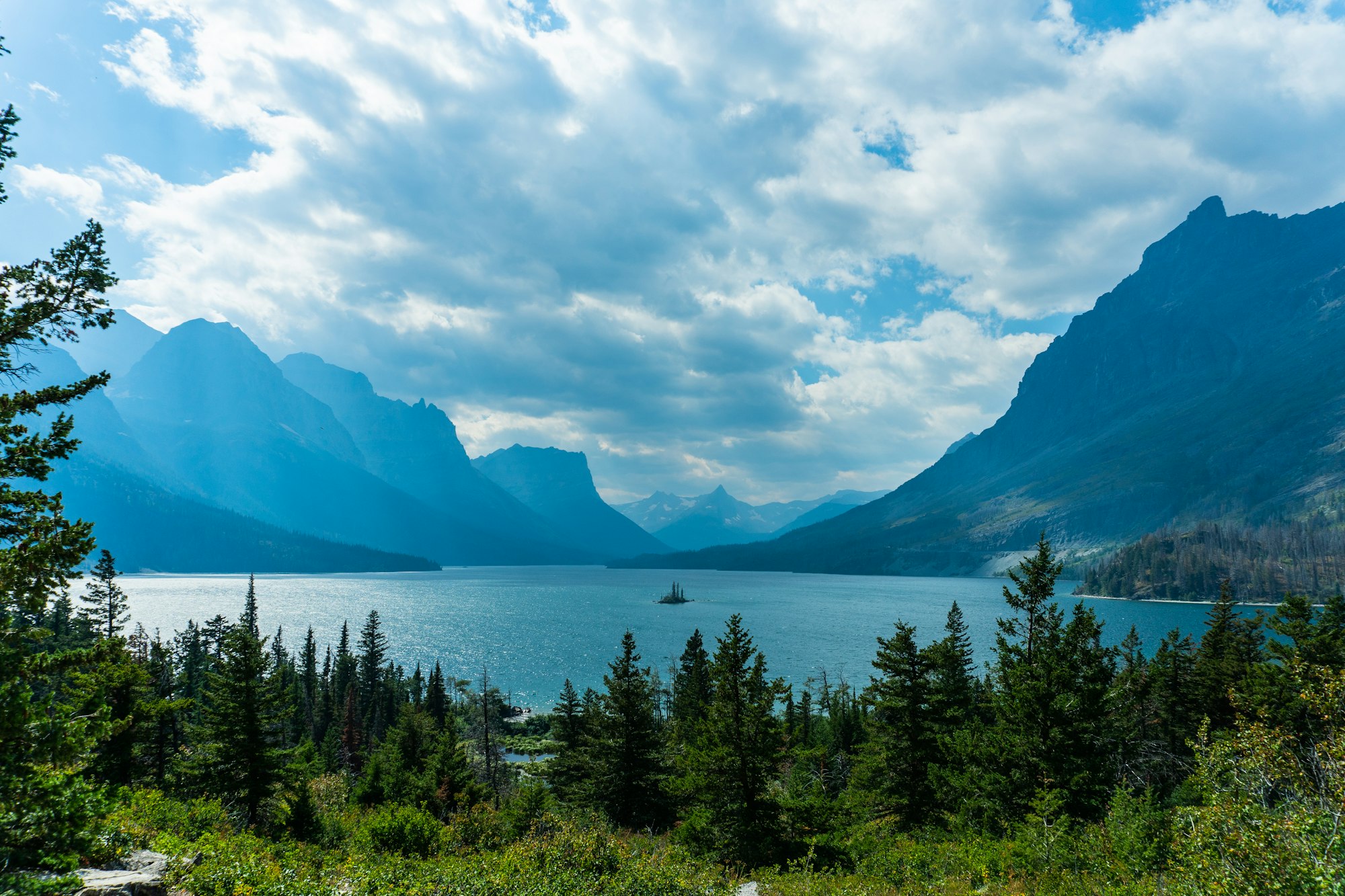Will Climate Cases Like Held v. Montana Affect Businesses Nationwide?
Proactively supporting environmental rights can help companies come out ahead.

The first constitutional climate lawsuit to go to trial in the U.S.—Held v. Montana—resulted in a win for the youth plaintiffs earlier this month.
In this case, Judge Kathy Seeley in the First Judicial District Court of Montana ruled that the state enacted unconstitutional laws that violate the rights of Montana’s youth, such as how a provision in the Montana Environmental Policy Act (MEPA) did not allow the state to look at the impact of greenhouse gas emissions and climate change when conducting environmental reviews for permitting, such as for fossil fuel projects.
“By enacting and enforcing the MEPA Limitation, the State is failing to meet their affirmative duty to protect Plaintiffs' right to a clean and healthful environment, and to protect Montana's natural resources from unreasonable depletion,” the ruling states.
Part of the evidence comes from the Montana constitution, which includes provisions such as “All persons are born free and have certain inalienable rights. They include the right to a clean and healthful environment,” among others.
Montana is one of three states, along with New York and Pennsylvania, that has a so-called Green Amendment, meaning each “recognizes and protects the right to a healthy environment in the declaration of rights section of its state constitution,” explains Green Amendments For The Generations, a nonprofit.
So, Held v. Montana could lay the groundwork for companies that operate in these states to face stronger environmental reviews.
“What this ruling should encourage them to do is really to be proactive” in terms of minimizing their environmental harm and being able to demonstrate their impact when seeking any type of government approval,” says Maya K. van Rossum, founder of Green Amendments For The Generations and a licensed attorney in Pennsylvania, New Jersey, and the District of Columbia.
As environmental protections grow across the country, businesses could face similar pressures. Green Amendments For the Generations has proposals in place in several red and blue states, while trying to lay the groundwork for a federal environmental amendment to the Constitution.
“Companies can take one or three positions: they can sit silent, they can oppose it, or they can recognize that a clean and healthy environment is good for them as well,” says van Rossum. “Clean water, clean air, and a stable climate has been proven over the years to be essential for economic growth from a business perspective as well.”
The Clean Air Act, for example, has “prevented 17 million lost workdays,” according to the U.S. Environmental Protection Agency.
Legal Precedence
While there are plenty of reasons for businesses to take more environmentally friendly actions, in some respects, Held v. Montana could be considered a niche issue. Because the ruling came from a district court, the case might not hold much legal precedence at this point.
“This is a lower-case decision, and precedential value from a legal standpoint depends on appellate decisions, and we don’t even know if this case will be appealed,” says Ted Borrego, adjunct faculty with the University of Houston Law Center who specializes in providing legal services to the oil and gas industry.
In his view, “this was a case involving the state government or agency and doesn’t impact private businesses. That having been said, businesses are quite aware that the impacts their environmental activities have may subject them to either regulatory action, or, in some cases, private citizen cases, although it is difficult for a private citizen or concerned group to enforce environmental compliance.”
But not everyone holds this more narrow view of what Held v. Montana means for businesses.
“I agree with Professor Borrego that the Held decision will not have a direct binding effect on other Montana courts. It also depends on provisions in Montana’s constitution that other states will likely lack. But the opinion still marks the first state court decision that a state government’s policies has violated a state constitutional right to a clean environment, and it relies on factual findings about climate change that will carry persuasive weight with other courts,” says Tracy Hester, associate instructional professor at the University of Houston Law Center, specializing in environmental law, who serves on the American Bar Association’s Climate Change Task Force.
Importantly, Held v. Montana could impact another notable climate change lawsuit, Juliana v. United States, that’s backed by Our Children’s Trust, the same organization behind Held.
The Held case “prepares the ground for the upcoming federal trial raising similar claims under the U.S. Constitution, and its factual findings will undoubtedly appear quickly in the dozens of climate tort liability lawsuits proceeding in state courts,” says Hester.
Gaining Clarity
One concern that businesses might have if governments require more environmental protections is that the right to clean air, clean water, a healthy environment, etc., can seem ambiguous. But looking at other laws and constitutional rights might help put these fears in context.
“We have a right to free speech, we have a right to freedom of religion, we have a right to be free from unreasonable searches and seizures. And all of these fundamental rights have implications for all of us, including businesses,” says van Rossum. “And we do have clarity over time through government action, and then court decisions help us to understand what they mean now.”
Environmental rights may be at the beginning of their journey, she adds, but there’s over a decade of legal precedent in Pennsylvania and Montana, and those are starting to come out in New York too, providing “a solid idea already of what it means for the people to have a fundamental right to a clean and healthy environment.”
“A lot of it is about ensuring that government is fulfilling its obligation to properly review” environmental impacts when granting approvals,” explains van Rossum.
And being proactive about environmental reviews can help businesses avoid challenges toward the end of a project that end up causing further delays and costs, she adds.
Even businesses that do not require governmental reviews can benefit from taking a more proactive, positive stance on protecting environmental rights and addressing the climate crisis.
“Healthy companies need healthy, happy workers, and healthy, happy economies. Pollution and degradation make people sick, make them unable to go to work, and really are very harmful for business operations of all kinds in a myriad of ways,” says van Rossum.
Plus, consider how 74% of U.S. Gen Zers and Millennials would boycott brands that cross ethical lines and go against their personal values, according to a Tom’s of Maine survey commissioned by OnePoll.
Thus, standing with younger generations in support of environmental rights and climate action could be good for business.
“They're really going to be applauded by the communities that they are a part of,” says van Rossum. “And by contrast, those who are opposing the rights of children and future generations to have essentials of life—like clean water, clean air, a safe climate—they're going to be vilified, and rightfully so.”
Disclosure: Carbon Neutral Copy's parent company, JournoContent LLC, has clients involved in sustainability-related areas, among others. The owner of Carbon Neutral Copy, Jacob (Jake) Safane, has investments in sustainability-related companies, among others.
As such, conflicts of interest related to these and other investments/business relationships, even if unintended, may exist at times. Please email info@carbonneutralcopy.com if you'd like further clarification on any issues.
